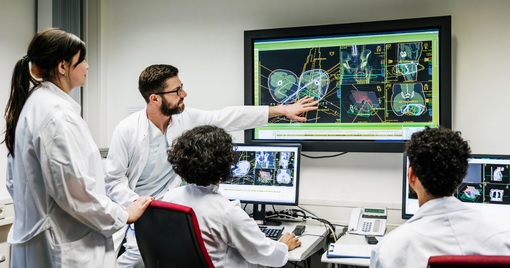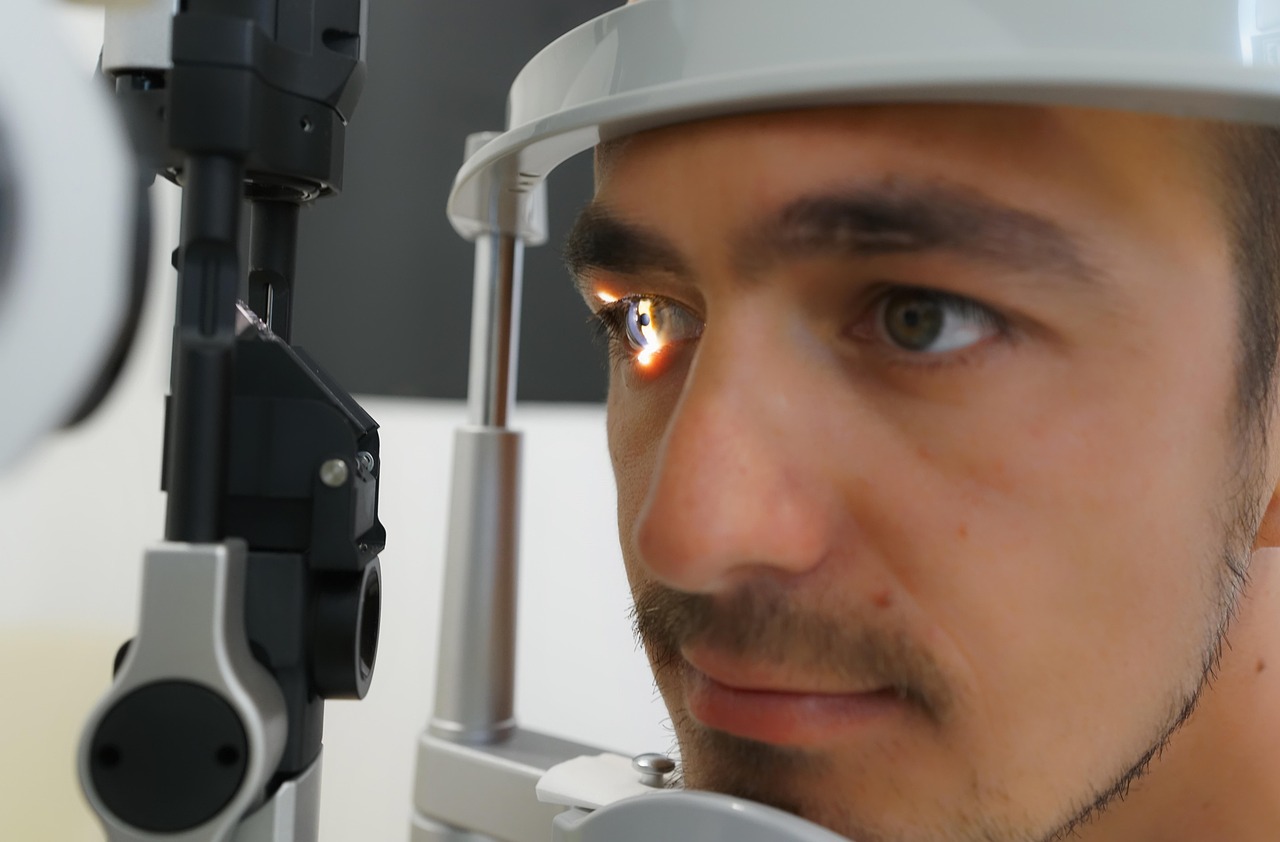16
Sep 2023
The Role of Public Health in Hospital Infrastructure
Published in General on September 16, 2023

No matter the healthcare system, hospital infrastructure remains its backbone. This is because such institutions are the first line of defence during any public health crises, natural disasters, and routine medical care. However, while the clinical aspects of healthcare are undeniably important, the role of public health in hospital infrastructure is not to be forgotten. Without public health’s support of hospital infrastructure, the well-being of patients and communities alike is not guaranteed to be ensured. It is this relationship between the two that is to be explored in this blog post.
Emergency Preparedness and Response
For emergency preparedness and response to occur, hospital infrastructure must be appropriately organised and ready to address any situation. No matter the crisis, whether it’s disease outbreaks or natural disasters, public health agencies rely on hospitals to provide immediate care and resources to affected individuals. In turn, hospital infrastructure relies on public health to help in various ways, such as:
- Resource Allocation: Agencies of public health will work closely with hospitals in moments of crisis to allocate resources effectively. Namely by ensuring the stock of vital equipment and tools remains topped up in the case of surges in patients.
- Coordination: Emergency response plans are typically established by public health and hospitals working in tandem. These plans detail how hospitals will handle patient intake, isolation procedures, and the distribution of critical medical supplies during crises.
Disease Surveillance and Monitoring
The task of surveying and monitoring disease trends is aided significantly by public health, which works to identify potential outbreaks and prevent their spread in turn. Such efforts are supported by hospital infrastructure through:
- Data Sharing: By providing public health agencies with patient data, the early detection of disease outbreaks becomes more likely. This is because professionals within public health work to analyse the data to identify potential clusters of diseases and take swift action to contain them.
- Vaccination Clinics: Campaigns for vaccinations are usually handled by public health, but they request the infrastructure of hospitals in order to carry out suitable vaccination centres. With hospitals’ aid, healthcare professionals and efficient logistics are available to ensure that vaccines are administered efficiently and safely.
Health Education and Promotion
Healthcare and community understanding of health requires the promotion of public health and the prevention of illnesses, which utilise hospital infrastructure as a hub to do so. This may be as basic as providing information on what individuals are to expect when staying in a hospital, to more comprehensive health programs. This education is usually done through health education and promotion activities such as:
- Community Outreach: Following the intended campaign created by public health, hospital infrastructure allows for the organisation of community health fairs, workshops, and seminars to educate the public on preventive measures and healthy lifestyles. These events help raise awareness and empower individuals to take control of their health.
- Collaborative Programs: The partnership between public health agencies and hospitals also extends to the development and implementation of health promotion programs. These programs generally target specific health issues such as obesity, smoking cessation, or mental health awareness.
Surge Capacity and Disaster Response
In the case of a pandemic, disaster, or health emergency, public health agencies will work alongside hospitals to ensure that they have the capacity to handle patient number surges. They will generally do this by providing:
- Temporary Facilities: Temporary healthcare facilities may be erected by public health agencies near hospitals to alleviate patient overflow. They generally cater to less critical cases, freeing up staff and hospital resources for more severe cases.
- Staffing: In emergencies, public health may assist hospitals in recruiting and training additional healthcare professionals to address increased patient volumes.
Health Equity and Access
Public health is often concerned with the global direction of healthcare, knowledge of which is obtained during the academic study of public health, as seen at universities such as UTS Online. One of these concerns is the insurance of equitable access to healthcare services for all. Hospital infrastructure plays a crucial role in achieving this objective with:
- Community Health Clinics: By supporting the establishment of community health clinics and outpatient facilities in underserved areas, public health can aid in the expansion of hospital infrastructure for disadvantaged populations.
- Reducing Disparities: Hospitals and public health work together to identify and address health disparities within communities. This may involve targeted interventions to improve healthcare access for vulnerable groups.
Research and Data Analysis
Beyond the analysis of disease outbreak data, public health also relies on hospitals to provide data in various other fields of medical concern. They also rely on hospitals for policy development and support in research to improve overall healthcare access, quality, and safety:
- Epidemiological Studies: To aid in public health’s comprehension of disease trends, risk factors, and treatment outcomes, hospitals will contribute their patients’ data for epidemiological studies.
- Evidence-Based Decision-Making: Together, hospitals and public health agencies collaborate to develop evidence-based healthcare policies. By having data-driven decisions, these two institutes can ensure that resources are allocated effectively to address public health challenges.
- Advocacy Initiatives: Public health organisations organise advocation events for public policies, along with the support of hospitals. These events may focus on anti-smoking campaigns or policies promoting healthy diets.
- Regulation Compliance: Hospitals collaborate with public health agencies to ensure they comply with health regulations and standards, contributing to the overall safety and well-being of patients.
The role of public health in hospital infrastructure is both intrinsically intertwined with and essential for the functioning of healthcare systems. With public health’s support, guidance, and data-driven decision-making capabilities, hospitals can both effectively and efficiently care for their communities. In turn, hospitals provide public health agencies with the support, research, and supplies to respond to emergencies, promote health, and reduce health disparities. Such a collaboration between the two institutions is what ensures that everyone receives the care and support they need to thrive.









